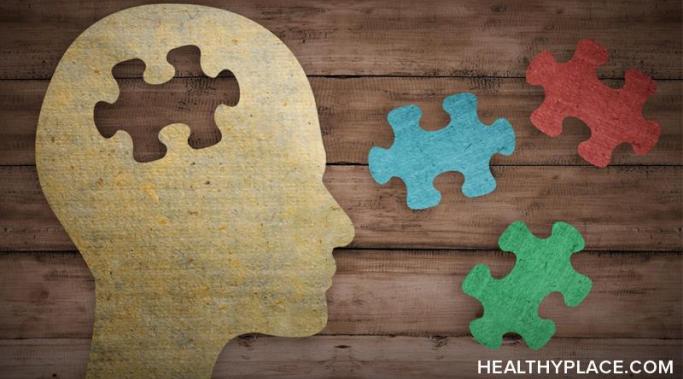Blogs
If your childhood included kids teasing you, an adult might have explained that they teased you because they liked you. I'm not sure when affectionate teasing and verbal abuse evolved into a well-known sign that someone likes you, but it should stop.
The transgender experience can be lonely. When I first began hormone replacement therapy, my doctor asked me if I had a good support system. I lied and said I did because I didn't have the time or energy to join a support group and didn't want to cause worry. Now, I think about all the hands that have reached out to me in the past that I brushed off. I believe loneliness was caused by my self-imposed social isolation.
I’m still struggling with the negative self-talk that often comes with depression. Many of you have probably experienced this in some form or other—a nagging voice in the back of your mind that fixates on all things negative, constantly reminding you of your failures and flaws. For me, this voice is especially frustrating because I know it isn’t logical. I have, overall, a happy and fortunate life. Yet sometimes, I can’t help feeling defeated or worthless over a relatively minor event, like forgetting to run an errand or even burning the toast. When depression rears its ugly head, my negative self-talk magnifies the smallest perceived failures a hundredfold.
It helps to know the difference between paranoia and anxiety. If I am experiencing paranoia, it involves delusions like someone is out to get me (suspicion and distrust) or has betrayed me. I frequently battle the delusion that someone is poisoning my food. My paranoia can cause anxiety, but the two do not have to be present together. My anxiety attacks often have ties to worry (like health concerns, the health of a loved one, public speaking, etc.), but not always. I can have an anxiety attack where I can't identify a triggering cause.
I, like many others, struggle with finding a healthy balance for most things, and finding my self-esteem sweet spot is no exception. As I navigate the highs and lows of self-confidence, I often wonder what level counts as optimal. My outlook on self-esteem was, for a very long time, one-sided. I didn't believe there was such a thing as high self-esteem. Now that I know better, I have been very conscious about my efforts to keep my self-worth at a healthy level.
Do you have any negative beliefs (those which usually deliver an unwanted outcome)? Have you ever thought about why you believe some things and not others? Did you learn them at school, or are they the result of your experiences? Do your thoughts and ideas create positive or negative outcomes? It's worth taking the time to look at your beliefs, as they make up a fundamental part of your ability to experience happiness and have a powerful influence over your life, and replacing negative beliefs can be beneficial.
Eleven years ago, I got arrested for my first driving under the influence (DUI) charge. Long before that original DUI arrest, I knew I had a problem with alcohol. I knew that blackout drinking a few nights a week was not healthy. But I never spoke up or asked for help because I was terrified of being labeled an alcoholic. Facing the truth meant I would be diagnosed with alcoholism, an incurable, highly stigmatized disease.
I’ve always been the kind of person that gets anxious about taking mental health days off work. Some of that, I think, is due to the lingering stigma in society that it’s not a valid reason to take a day off, but I’m here to say let’s ditch that. Let’s ditch the guilt of taking a day for our mental health and ditch feeling guilty about how we spend it.
You can change a negative, harmful coping skill into a positive skill. Sometimes negative coping skills seem easier or better, but in the end, they aren't. I know initiating such a positive change can seem impossible sometimes, but you can do it.
The 2022 psychological thriller Alice, Darling, a movie showing emotional and verbal abuse, is another true-to-life scenario familiar to many individuals, unfortunately. This movie depicts a woman involved with an emotionally and verbally abusive partner, but she continuously explains his habits away as normal occurrences. The storyline displays how the verbal abuse dynamic can change an individual's personality and how they navigate everyday life.









